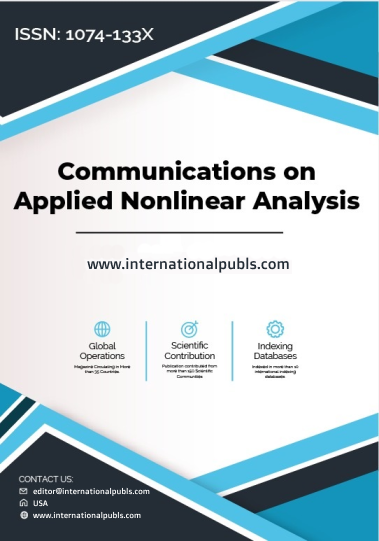An Analytics of Sleep Apnea Classification using Caswideresnet Algorithm
Main Article Content
Abstract
Sleep apnea is a common yet serious sleep disorder that affects millions of individuals worldwide. Timely and accurate detection of sleep apnea can significantly improve patient outcomes and quality of life. In this study, we propose an advanced approach for sleep apnea classification and prediction using the CasWideResNet algorithm. Our methodology includes preprocessing steps such as Z-score normalization to standardize the data and improve algorithm performance. Additionally, we employ an improved Pan-Tompkins algorithm for feature selection, which helps in identifying relevant features from physiological signals such as electrocardiogram (ECG) and oxygen saturation (SpO2) data. The CasWideResNet algorithm, known for its deep learning capabilities, is utilized for the classification and prediction tasks. This algorithm leverages the power of deep convolutional neural networks (CNNs) to automatically learn discriminative features from the input data and make accurate predictions. By integrating Z-score normalization, improved feature selection, and the CasWideResNet algorithm, our proposed system aims to achieve high accuracy in detecting and predicting sleep apnea episodes. We evaluate the performance of our approach using a comprehensive dataset containing a diverse range of sleep apnea cases. Our results demonstrate the effectiveness of Z-score normalization in improving data quality and the role of the improved Pan-Tompkins algorithm in selecting informative features.
